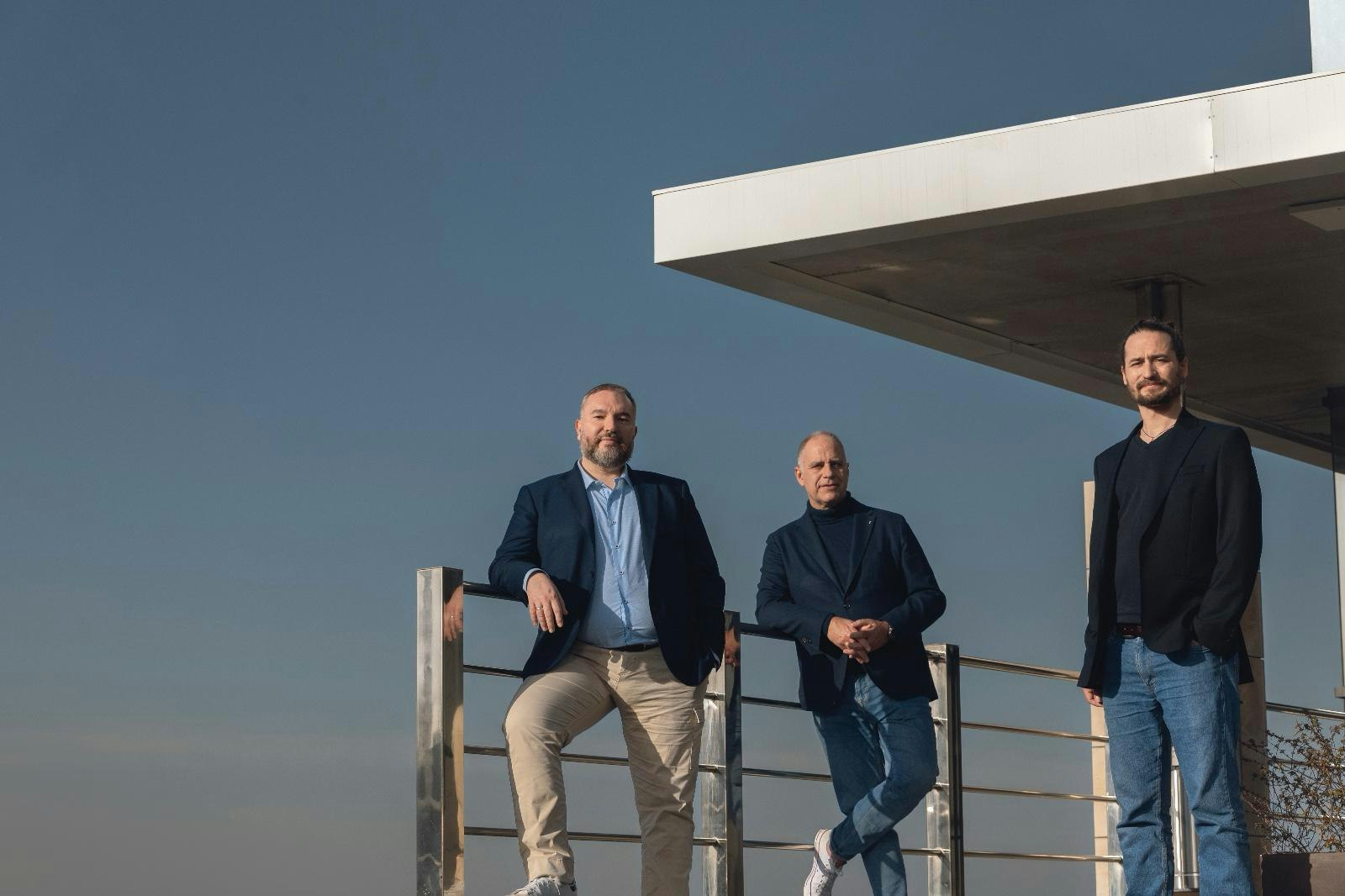About half of Spain’s startups are based in either Barcelona or Madrid, including all of the country’s unicorns. But founders based elsewhere in Spain want to challenge those cities’ dominance.
The Basque Country, Valencia and the province of Málaga are just three locations where startups are growing and attracting international investment, despite scepticism from some Spanish VCs who still think success is only possible in the country’s two biggest cities.
Spanish startups raised €2.33bn in 2023 across 382 deals, according to a report published by Bankinter’s innovation foundation. Yet less than a third of that amount, €655m, was invested in companies not in Barcelona and Madrid.
The companies listed below have been selected from a range of factors including their track record, the issues they're solving and investor recommendations. They are doing business around the world, growing fast — and hope investment figures will grow this year.
Some of them could even, with a dose of luck, become the first Spanish unicorn outside Madrid and Barcelona.
Sherpa (Erandio, AI)
Sherpa is an AI startup that develops conversational digital assistants. Its CEO and founder Xabi Uribe-Etxebarria has always advocated for keeping the company headquartered in its founding town of Erandio, in the Basque Country, where most of the software is still developed, even after opening up another office in Silicon Valley.
Uribe-Etxebarria has put together a stellar team and advisory board made up of many international, big tech profiles, including Siri cofounder Tom Gruber, who joined Sherpa as chief AI strategy officer; Joanna Hoffman, Apple’s ex-marketing director and Steve Jobs’ right hand; and Thomas Kalil, former deputy director of science and technology policy at the White House.
Since its launch in 2013, Sherpa has raised about $32m, with Madrid-based VC firm Mundi Ventures as its main backer — including a €1.4m European Innovation Council grant.
IriusRisk (Huesca, cybersecurity)
Cybersecurity startup IriusRisk has developed a platform to automate the process of threat modelling, the labour-intensive and manual task of identifying potential security threats during tech development.
IriusRisk, based in Huesca, the gateway to the Spanish Pyrenees, has defied those who say tech startups can only succeed if headquartered in big capitals. Stephen de Vries and Cristina Bentué, partners in business and love, conceived the idea in a hut they built near the farming town of Barbastro. It boasts a 168-strong team and offices in Madrid, London and Atlanta (US).
The company has raised about $35m, with backers including Inverready, 360 Capital Partners, Paladin Capital Group, BrightPixel Capital and JME Ventures. Its most recent round was a $29m Series B to fund its expansion in the US and Asia Pacific markets.
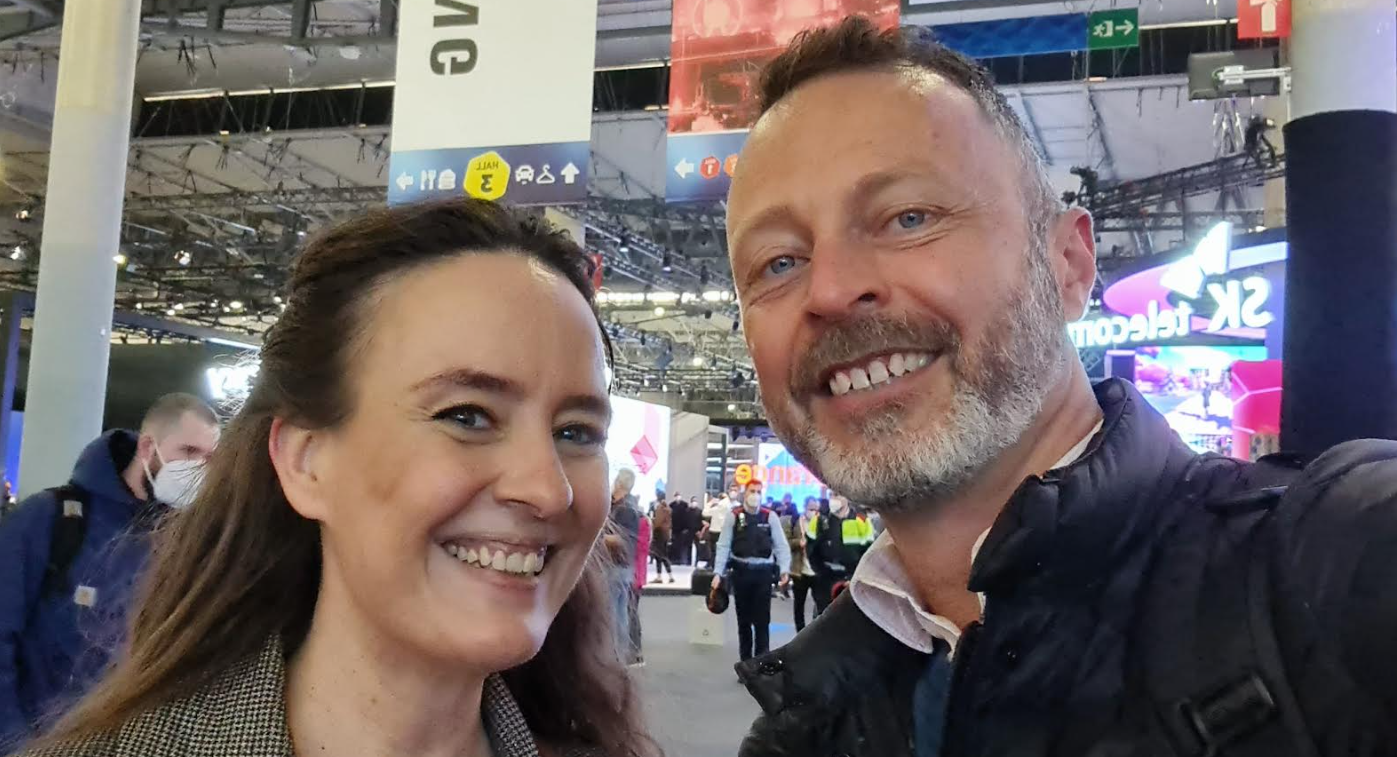
PLD Space (Elche, space tech)
The spacetech startup with a fast-growing headcount develops partially reusable launch vehicles, called Miura, named after a breed of fighting bull. Last October, it sent its recoverable Miura 1 rocket into the sky for 306 seconds — enough to qualify as a milestone moment.
PLD Space, headquartered in the southeastern town of Elche, where it also manufactures its rockets, will do another test next year and plans to enter service in 2026. The company has raised $68.5m, from backers including JME Ventures, and several grants from top funders such as the European Innovation Council and the Centre for the Development of Industrial Technology (CDTI), a public investment body connected to the Spanish ministry of science, innovation and universities.
RavenPack (Marbella, big data)
The fast-grower RavenPack, headquartered in Marbella, part of the newish SaaS hub of Málaga, provides big data analytics to help banks and hedge funds make better decisions.
Its software classifies news items using algorithms to detect sentiments. It also generates other analytics including information about companies, events, relevance and market impact.
RavenPack’s CEO and founder Armando González, born in the US, picked Marbella, away from the City of London and any other financial district, with the idea of becoming a leader of remote working. That allowed him to attract talent from Google and Apple.
It’s raised $15m from GP Bullhound and Molten Ventures, and is one of Spain’s soonicorns according to investors.
Multiverse Computing (San Sebastián, quantum)
While everybody is training AI models so they can chat like humans, this San Sebastián-based startup is working on how to make them forget.
The company, which has developed a quantum software tool used by major banks, raised a €25m Series B this month. Next, it plans to launch a new product aimed at erasing knowledge contained in large language models (LLMs), without having to retrain them completely. The startup says this could enable AI companies to remove connections in their models to copyrighted material that might have been accidentally included in the training data.
Multiverse’s CEO and cofounder Enrique Lizaso tells Sifted that the round, which he says is the biggest raised by a quantum software startup in the EU, triples the company’s valuation to around €100m. The investment was led by Spanish VC Columbus Venture Partners along with Quantonation Ventures, the European Innovation Council and Redstone QAI Quantum Fund. Total investment in the company since its launch in 2021 amounts to $54.2m.
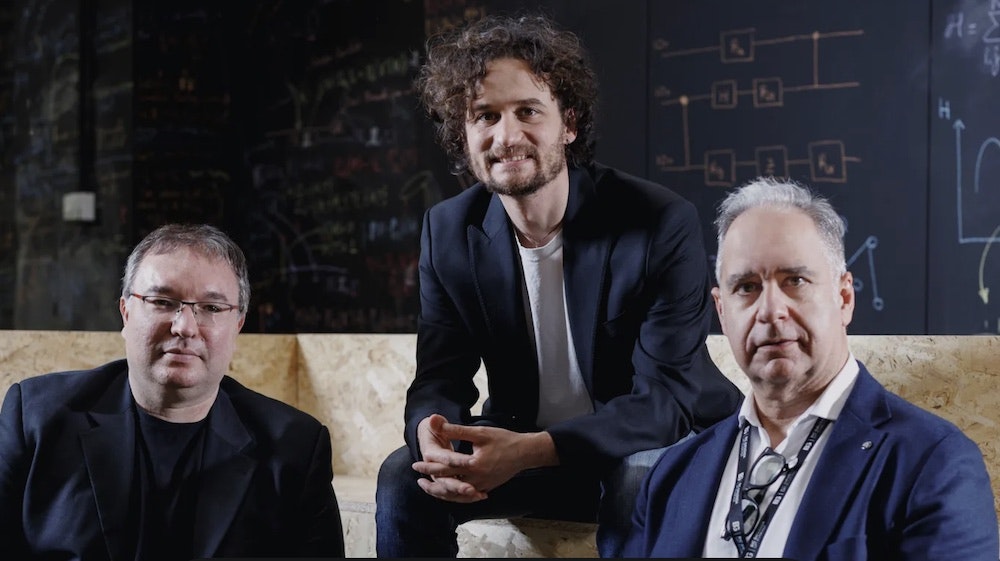
iPronics (Valencia, photonics)
Valencia-based iPronics is making the computational power of photonics commercially affordable. Unlike electronic chips, iPronics uses the power of light, photonics, to transfer signals. Its photonic chip uses up to 10 times less power and can be 20 times faster than electrical chips. It can also be used in machine learning, AI, quantum and 5G/6G devices.
Founded as a spinoff from the Polytechnic University of Valencia, iPronics has been awarded a €2.4m European Innovation Council grant and has won the backing of Amadeus Capital Partners and Criteria Venture Tech.
Matteco (Valencia, green hydrogen)
One of Spain’s newest climate tech players, Matteco is preparing to open a 1GW factory for catalysts and electrodes for green hydrogen production. The company is using nanotechnology to improve these devices. It says the materials used in its catalysts and electrodes allow for a reduction in the cost of hydrogen between 10% and 20%.
A spinoff from the University of Valencia, Matteco was founded by the impact company builder Zubi Labs and a group of scientists in August 2023. It plans to invest €15m by 2025.
Zunder (Palencia, electric vehicle chargers)
From the northern province of Palencia, Zunder aims to build the largest ultra-fast charging network for electric vehicles in southern Europe, and expects to operate more than 4,000 charging points by 2025.
It has raised $163m in total, including a €22.5m grant from the European Commission, €100m from French sustainable investment manager Mirova and a €40m loan from the European Investment Bank.
The startup launched its first charging stations in France and Portugal last year and has plans to expand to Italy. Volkswagen Group chose Zunder last month as one of its partners in Europe, with whom the German carmaker giant is building a pan-European charging network.
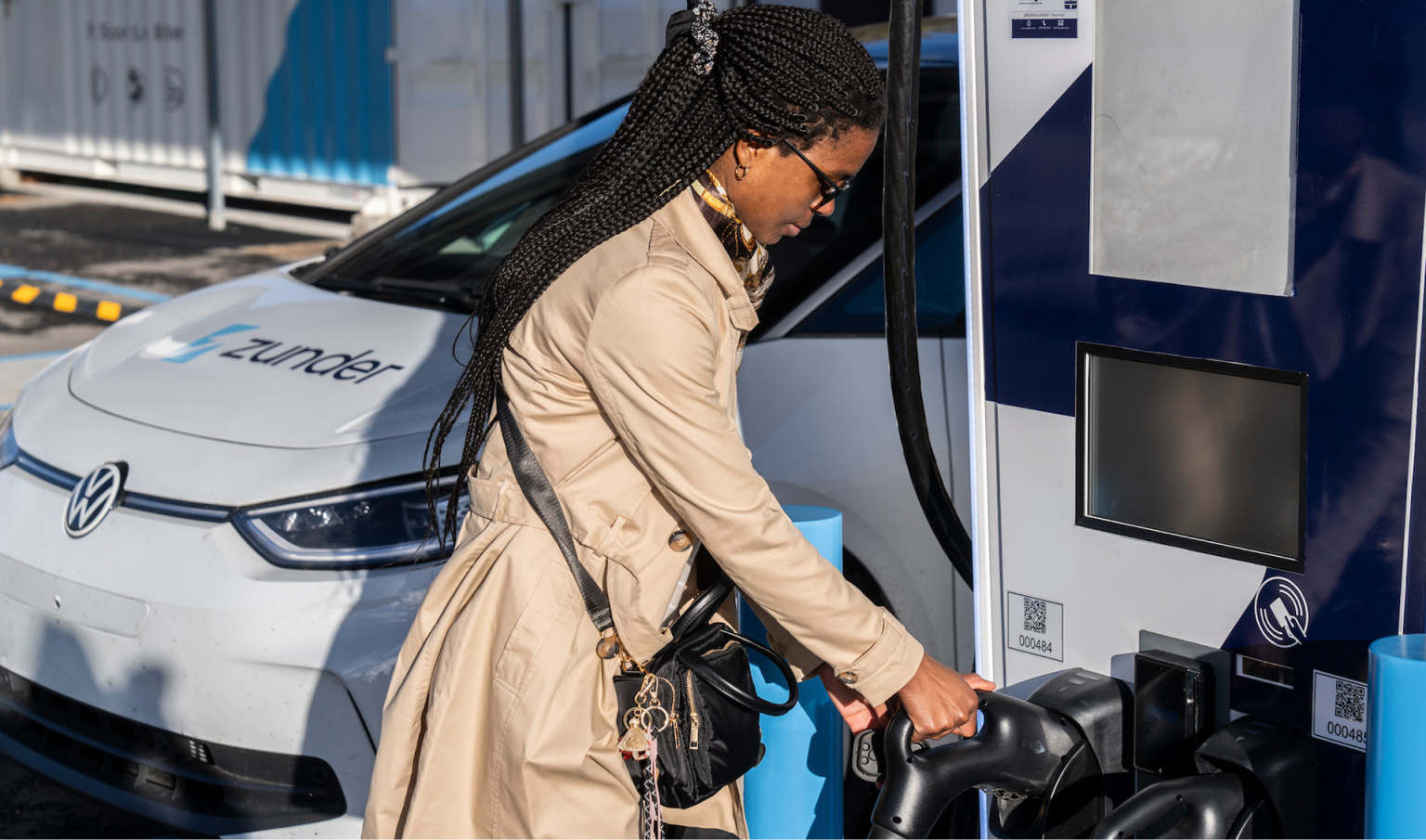
Kimitec (Las Roquetas, biotech)
The Andalusian biotech makes biopesticides, biostimulants, prebiotics and probiotics for agriculture, based on natural raw materials. The company, based in Almería, Europe’s main greenhouse farming hub, aims to help farmers get rid of chemicals in food, at an affordable price.
Kimitec’s 80-strong scientific team is working on 55 projects and developing an AI platform called LINNA — a homage to the Swedish naturalist Carl von Linneo, who came up with the nomenclature to classify all living beings — to search for new compounds that could be used in farming.
The startup, which has expanded to Brazil, has won several Horizon 2020 grants. Santander Bank entered its cap table in 2022 with a 5% stake. It is reportedly about to announce a big round with two international investors which could boost its valuation to unicorn levels.
SotySolar (Gijón, solar energy)
SotySolar was born in the northern region of Asturias, away from the sunny Mediterranean coast that is home to most of its competitors.
A provider of solar energy panels, Gijon-based SotySolar announced this month that it will be expanding into aerothermal systems, which take energy from the air and are an alternative to heat pumps. It began operating in Portugal last year, and it’s eyeing Italy and France for its next markets.
The startup has grown fast since 2019 and raised more than €65m since its launch in 2017, including a €55m Series C last December from the Luxembourg-based fund Marguerite.
Tebrio (Doñinos de Salamanca, insect farming)
This biotech startup is building the world’s biggest insect farming in the quiet town of Doñinos de Salamanca, with its total population of about 2,000. Scheduled to be fully operational by 2026-27, the facility will focus on growing mealworms, which it will use for the production of fertilisers and animal and fish feed.
Its CEO Adriana Casillas quit her career as a professional cello player to build the company with cofounder Sabas de Diego, and grew the first batch in her bathtub.
Tebrio’s most recent round was a €50m Series A led by Criteria Venture Tech and CDTI, but the company says it’s already secured the backing of several investors for building another insect farm outside Europe, and it’s scouting locations in South America and Asia.
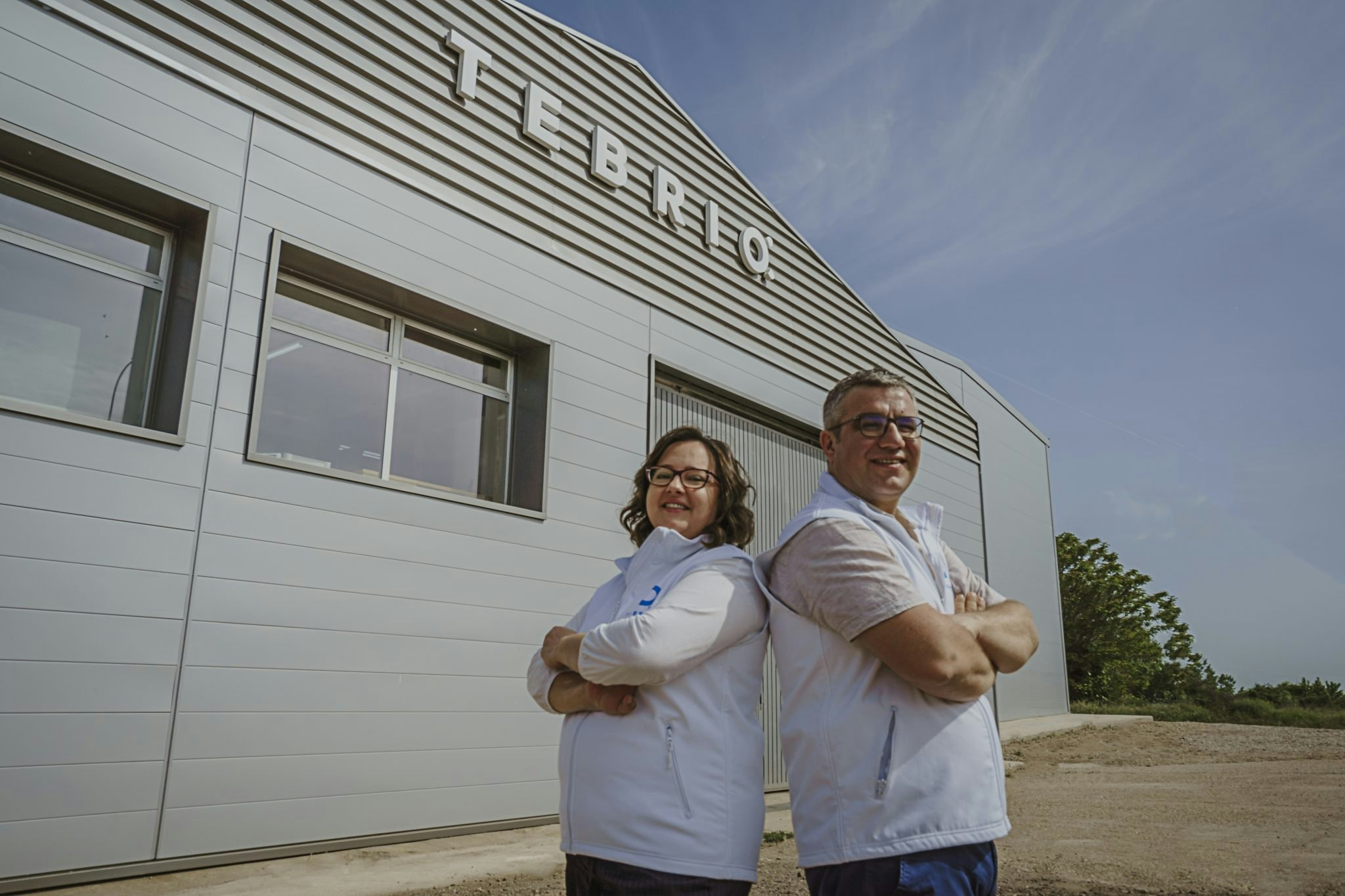
H2Site (Bilbao, hydrogen)
H2Site was born from a joint venture between the Spanish company Tecnalia and the Dutch Eindhoven University of Technology. Based in Bilbao, Basque Country, the startup is developing technology for the distributed generation of low-cost hydrogen on a small and medium scale using membrane catalytic reactors — which it says can compete with green hydrogen in price.
In its five years, H2Site has raised over $14m from investors including ENGIE New Ventures, Equinor Ventures, Breakthrough Energy Ventures and TECNALIA Ventures.
Universal DX (Seville, early cancer detection)
The Seville-based startup develops tests for early cancer detection. Its first product, Signal C, focuses on the diagnosis of colon cancer in its early phases and is being assessed by the US medical regulator.
The company is working on tests for other types of cancer including lung, pancreas, liver and esophagus. It aims to come up with one single blood test that could detect all of the main cancer diseases in one go.
Founded in 2012, the company has raised about €115m, including a €64m Series B round last autumn. The latest capital was invested by Quest Diagnostics, as part of a deal that will see the US company carry out clinical tests with Universal DX’s tools. The agreement is also aimed at facilitating the startup’s access to the US market, where it has two offices — in Boston, Massachusetts and Lewisville, Texas.
ODILO (Cartagena, edtech)
The digital education scaleup ODILO, founded in the southeastern town of Cartagena, describes itself as the “Netflix of education”, and partners with other organisations wanting to build engaging e-learning courses. Its clients include Google, Vodafone, Beijing University and 19 government organisations.
In 2022, it raised a €60m round led by London-based growth capital firm Bregal Milestone, pushing its total investment up to $84m. Other backers include Swanlaab Venture Factory, a Madrid-based venture builder, and Madrid-based Kibo Ventures.
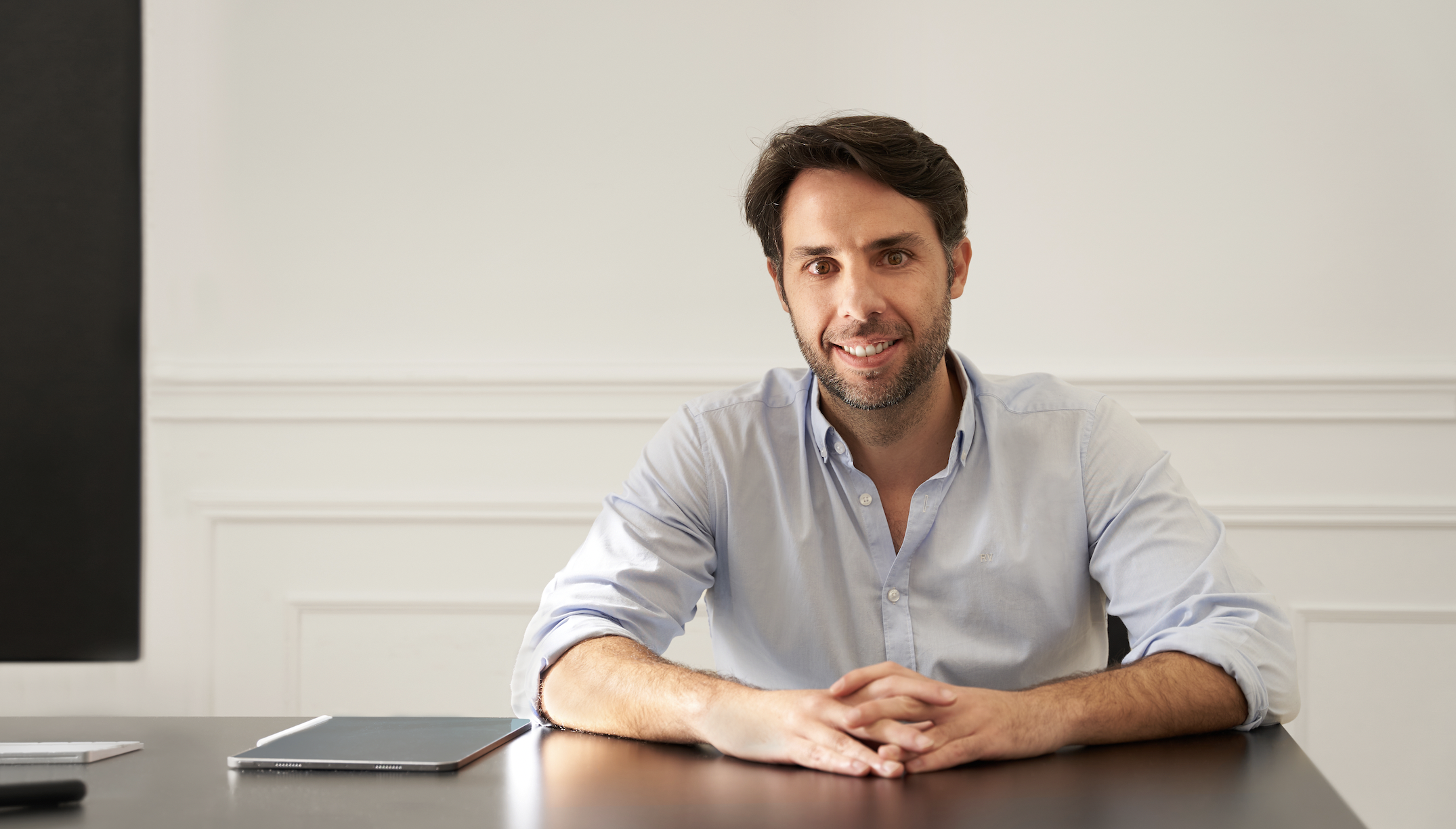
Denodo (Coruña, big data)
Founded in the northwestern region of Galicia in 1999 as a spin-off from the University of A Coruña, Denodo closed the biggest funding round in Spain last year, raising $336m from US alternative asset firm TPG in a Series B.
The company has built a platform for the management of big data and cloud data, in real-time and without having to move them from their original repositories. In 2006, Denodo transferred its HQs to Palo Alto, California, but kept an office in Coruña where most of its developers are based.
The Series B transaction included primary capital and a secondary sale of shares by Palo Alto-based private equity company HGGC, which had invested in the startup’s Series A round in 2017 and will remain a significant investor.
